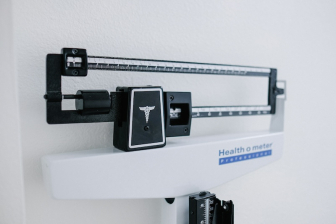Deep brain stimulation leads to increased understanding of Parkinson's disease
Last updated: 01 November 2019
You can legally access new medicines, even if they are not approved in your country.
Learn howImproved effects on motor function and fewer side effects possible
Researchers from Charité -- Universitätsmedizin Berlin have studied motor and cognitive effects of deep brain stimulation in patients with Parkinson's disease. Their results show that the adverse cognitive effects of deep brain stimulation are linked to a different neural pathway than that which is responsible for the treatment's desired motor effects.
These findings increase our understanding of how the brain is affected by Parkinson's disease, and they deliver insights into the pathophysiology of Parkinson's disease. "Only an improved understanding of the treatment's mechanism of action will allow us to make deep brain stimulation more effective, thus enabling us to improve the quality of life of patients with Parkinson's disease through a reduction in the side effects of treatment," explains the study's first author, Dr. Wolf-Julian Neumann, a researcher at the Department of Neurology.




